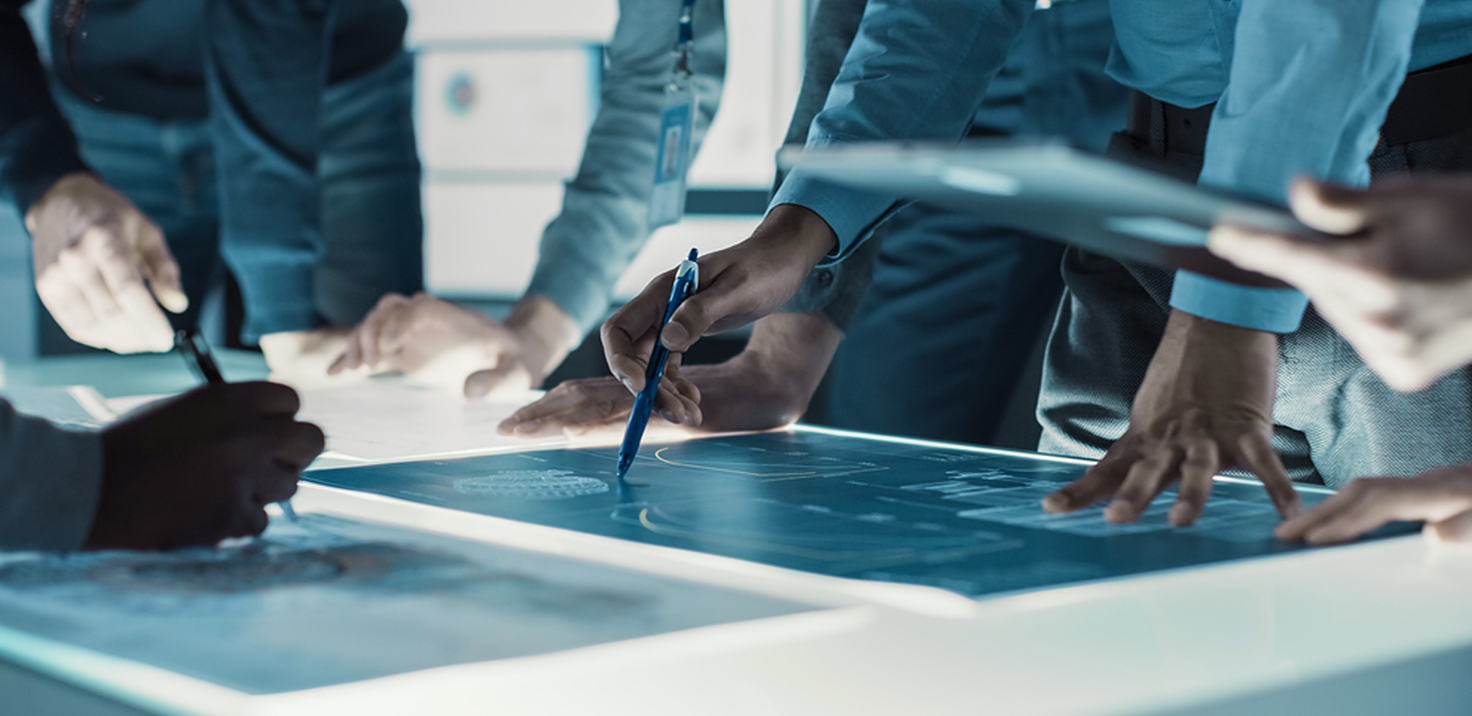For freelancers and consultants, client interviews can pose a significant challenge, especially for those who are shy or prefer remote communication. Interviews are just as daunting for employees, though they typically undergo them every few years. For consultants, however, interviews are a recurring event with each new client they attract.
Conducting client interviews is a fundamental step in a freelancer’s journey to ensure their success. These interviews help better understand the client’s needs, offer suitable solutions, and build strong relationships.
Asking the right questions is crucial. This means knowing things like how to make a good first impression, asking the right interview questions, and how to convert those interviews into projects.
Effective interviews can enhance your reputation as a trustworthy freelancer. They can also help you identify potential issues early on. This guide will show you how to do this and provide key tips for successful interviews.
1.Preparation: The Essential Step to Ensure a Successful Client Interview
Preparation is the cornerstone of any successful client interview. Through meticulous preparation, you can build confidence, demonstrate your expertise, and create a lasting positive impression. Here are some fundamental steps for preparing for a client interview:
1-Gather Information about the Company:
- Visit the company’s website.
- Review their social media pages.
- Read the company’s news and financial reports.
- Look for customer reviews.
2-Understand the Client’s Needs:
- Identify what the client is looking for in a consultant.
- What are the company’s challenges?
- What goals does the client aim to achieve?
3-Research Competitors:
- What are their strengths and weaknesses?
- How can you distinguish yourself from them?
4-Define Interview Objectives:
- What do you want to achieve from the interview?
- What information do you need?
- What message do you want to convey
5-Prepare Questions:
- Prepare open-ended questions that allow the client to talk about their needs and goals.
- Prepare specific questions to obtain precise information.
- Prepare intelligent questions that show your analytical thinking and expertise.
- Prepare follow-up questions for a deeper understanding of the client’s needs.
6-Prepare Your Presentation:
- Prepare an eye-catching presentation that shows your expertise and ability to assist the client.
- Ensure the presentation is concise and easy to understand.
7-Prepare Yourself:
- Dress appropriately to show professionalism.
- Be familiar with your services.
- Have concrete examples of your past work ready.
- Be prepared to answer questions about yourself and your experience.
- Be confident and maintain eye contact.
8-Determine the Interview Location and Time:
- Choose a quiet and comfortable place.
- Set a suitable time for the client.
- Ensure you arrive on time.
2.The Interview: Building Trust and Relationships

After thorough preparation comes the crucial stage, the face-to-face interview with the client. This stage is one of the most important in the consulting journey, as it presents an opportunity for information exchange, better understanding of the client’s needs, and building trust and relationships. Follow these points if you want to conduct the interview as desired:
1-Effective Communication:
- Listen attentively to the client’s needs.
- Use clear and understandable language.
- Maintain eye contact with the client.
- Show positive body language.
2-Asking Questions:
- Ask smart questions that show your interest in understanding their needs.
- Have a list of questions ready for the client.
- Ask open-ended questions that encourage the client to share more information.
3-Building Trust:
- Be honest and transparent with the client.
- Demonstrate your skills and experience in consulting.
- Offer effective solutions that suit the client’s needs.
- Be organized and professional in dealing with the client.
4-Showing Enthusiasm and Interest:
- Show your passion for your work and interest in helping the client.
- Be interactive with the client and show interest in what they say.
- Ask questions that show your desire to understand their needs better.
5-Ending the Interview:
- Thank the client for their time.
- Provide your contact information.
- Express your desire to work with the client.
Additional Tips for a Successful Client Interview:
- Be yourself.
- Avoid hesitation or stuttering.
- Be prepared to handle any objections from the client.
- Be understanding of the client’s needs and budget.
- Be flexible in your working approach.

3.Affirming Your Commitment and Ensuring Continuity of the Relationship
The consultancy journey doesn’t end at the interview. Follow-up is a crucial step to ensure the continuity of the relationship with clients, build trust, and demonstrate commitment to providing the best possible service. Here are the important steps to follow after the client interview:
1-Send a Thank-You Message:
- Thank the client for their time.
- Express your interest in working with them.
- Provide a summary of the discussion during the interview.
- Send any information or materials related to the interview.
2-Send a Quotation:
- Send a quotation detailing the scope of work and fees.
- Clearly explain the details of the offer.
- Show how you can help the client achieve their goals.
3-Stay in Touch:
- Regularly contact the client to check on their needs.
- Offer any news or new information related to the services you provide.
- Show your interest in providing the best service possible.
4-Request Reviews:
- Ask clients to write positive reviews about your services.
- Use these reviews to attract new clients.
Additional Tips:
- Be professional in all stages of the follow-up.
- Respond promptly to any questions or inquiries from the client.
- Show your commitment to providing the best possible service to the client.
- Use Customer Relationship Management (CRM) tools to effectively follow up with clients.
- Create a blog or social media page to share valuable information with clients.
- Attend events and seminars related to your field of work to network with potential clients.
In conclusion, mastering the art of conducting client interviews is a gateway to a successful consulting journey. Through good preparation, communication, and effective follow-up, freelancers can demonstrate their skills and expertise, better understand client needs, and build strong relationships paving the way for effective solutions and fruitful outcomes.
Final Tips:
- Remember that each client is unique, so adapt your approach to their needs.
- Be flexible and ready to adapt to any changes that may occur during the project.
- Be patient, as building relationships and delivering fruitful results take time and effort.
We invite all freelancers to apply the tips mentioned in this guide and encourage them to continue learning and evolving to ensure the best services for their clients.

